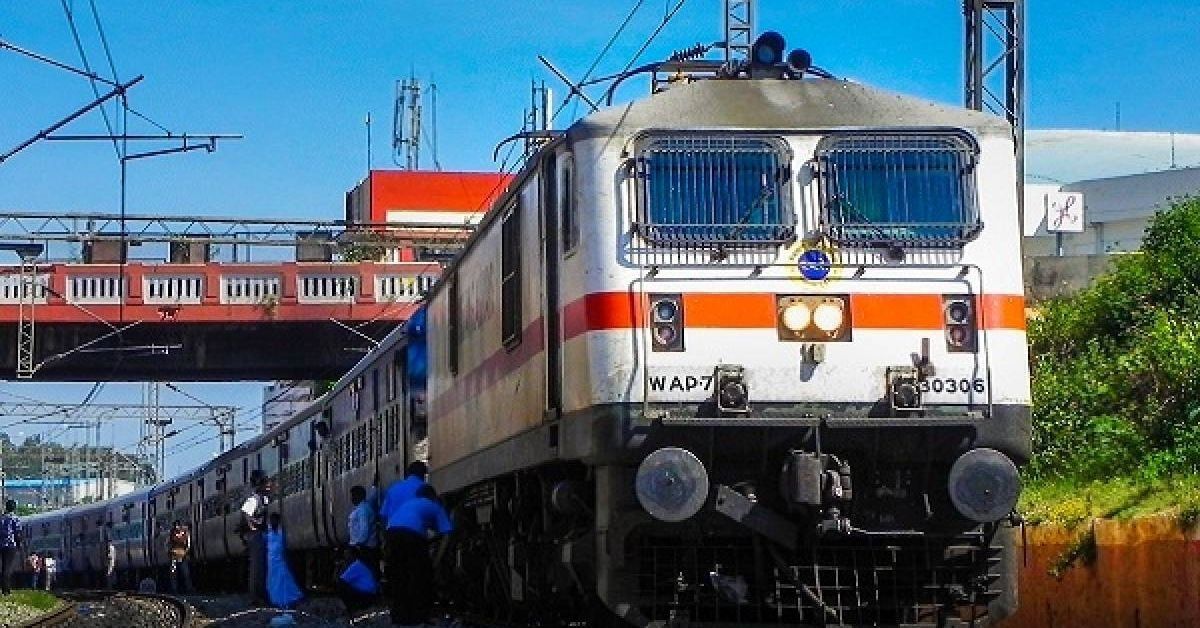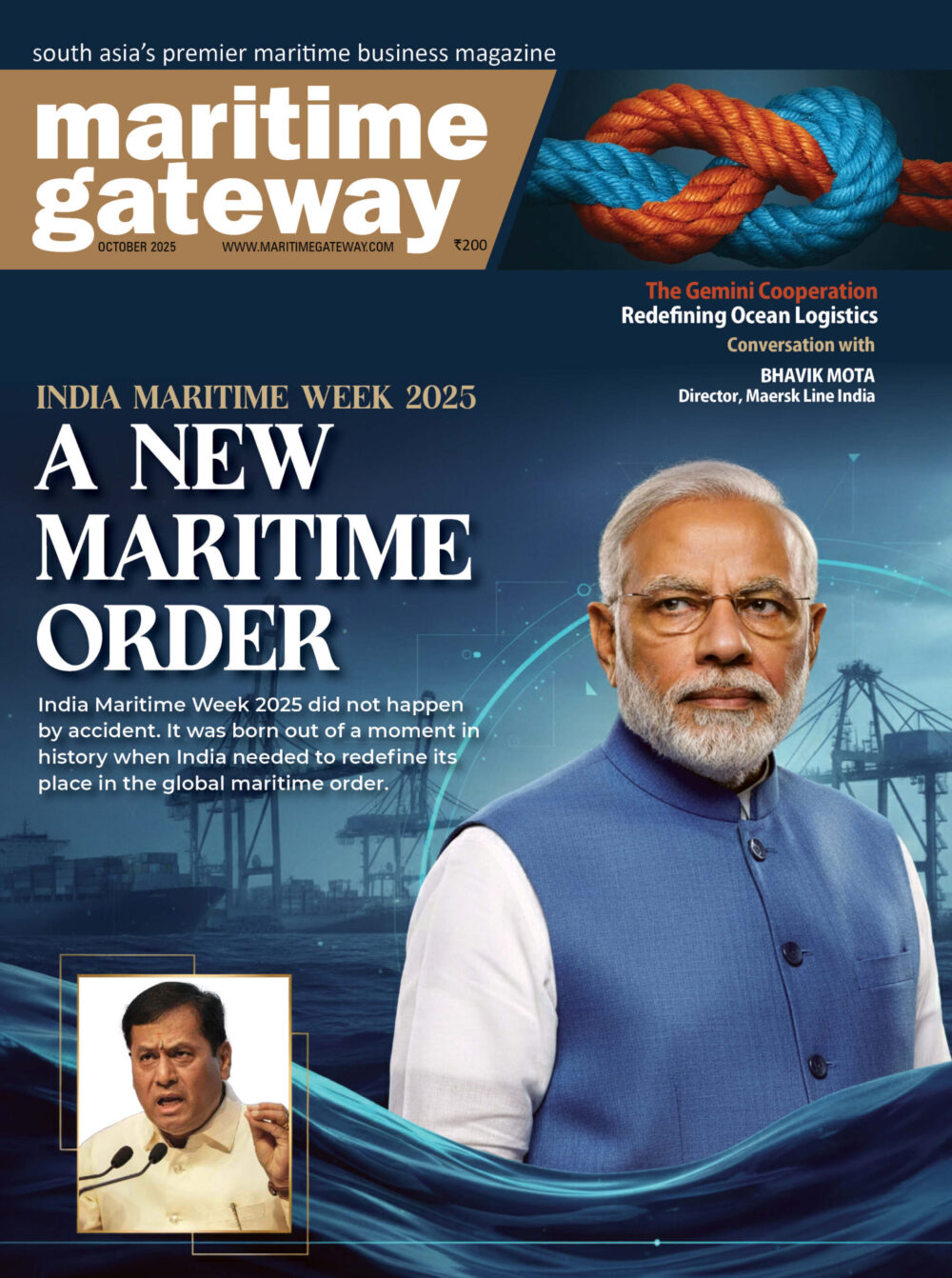In 2017, Prime Minister Narendra Modi mobilized the ambitious ‘Make in India’ initiative, aiming to revive domestic manufacturing, boost investments, and position India as a global manufacturing hub.
And India thrived as this vision found notable success in the railway sector, complying with the government mandate to produce a minimum 75% of train cars internally.
The railway sector, initially reliant on imported coaches, has successfully undergone a paradigm shift, serving as a testament to thesuccess of the ‘Make in India’ campaign in promoting domestic production, attracting Foreign Direct Investments (FDIs), and fostering a robust industrial ecosystem.
The Delhi Metro Transformation:
The Delhi Metro stands as a prime example of the ‘Make in India’ initiative’s positive impact on the railway sector. In its early stages, the metro system imported a significant portion of its coaches, reflecting the prevalent trend of relying on foreign expertise and technologies. However, as the ‘Make in India’ campaign gained momentum, the Delhi Metro took proactive measures to localize manufacturing processes.
Today, the metro system proudly manufactures 90% of its coaches domestically, showcasing the country’s growing capabilities in railway infrastructure. This transition not only reduces dependence on imports but also contributes to job creation and skill development within the nation.
The success of the Delhi Metro serves as an inspiration for other railway projects to adopt similar strategies, thereby bolstering India’s self-reliance in manufacturing.
Multinational Companies Aligning with ‘Make in India’ Multinational giants in the railway industry have recognized the potential of the ‘Make in India’ vision and aligned their strategies accordingly. These companies have established businesses and formed joint ventures within the country, contributing to the growth of the domestic railway manufacturing sector.
By setting up local operations, these companies’ adherence to the principles of the ‘Make in India’ initiative tap into the vast market opportunities that India presents all the while propagating India’s economy. The partnerships between foreign companies and domestic entities facilitate knowledge transfer, technology sharing, and skill development, fostering a collaborative environment that benefits both local and international stakeholders.
Government Initiatives- Production-Linked Incentive (PLI) Scheme:
To further bolster the ‘Make in India’ momentum in the railway sector, the government is planning a production-linked incentive (PLI) scheme specifically tailored for train component manufacturers. This strategic initiative aims to incentivize domestic production of critical components, reducing reliance on imports and encouraging foreign manufacturing firms to establish or expand their units within India.
The PLI scheme is designed to provide financial incentives to manufacturers based on their production output, promoting increased efficiency and competitiveness. By targeting train component manufacturing, the government aims to create a self-sufficient ecosystem that supports the entire supply chain, from raw materials to finished products. This approach not only enhances the country’s manufacturing capabilities but also positions India as a preferred destination for global railway investments.
Impact on Global Supply Chains:
The success of the ‘Make in India’ initiative in the railway sector has broader implications for global supply chains. As India strengthens its manufacturing capabilities and becomes a hub for railway production, it offers an attractive alternative to traditional manufacturing powerhouses.
This shift has the potential to reshape global supply chain dynamics, with India emerging as a key player in supplying railway components and technologies to the world.
The transformation of the railway sector in India, particularly exemplified by the success of the Delhi Metro and the active participation of multinational companies, showcases the tangible impact of the ‘Make in India’ initiative.
By focusing on domestic manufacturing, attracting foreign investments, and implementing strategic schemes like the PLI, the Indian government is propelling the country towards self-reliance and global competitiveness in the railway infrastructure industry.
As the ‘Make in India’ vision continues to unfold, it not only revitalizes the domestic manufacturing landscape but also positions India as a crucial player in the global railway ecosystem. The success story of the railway sector serves as a blueprint for other industries to follow, reaffirming India’s commitment to economic growth, innovation, and self-sufficiency on the world stage.
(This article has been written by Vivek Lohia, Managing Director, Jupiter Wagons Limited)









